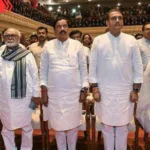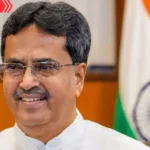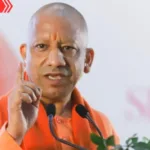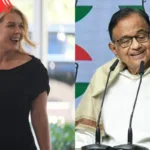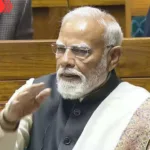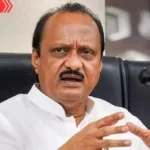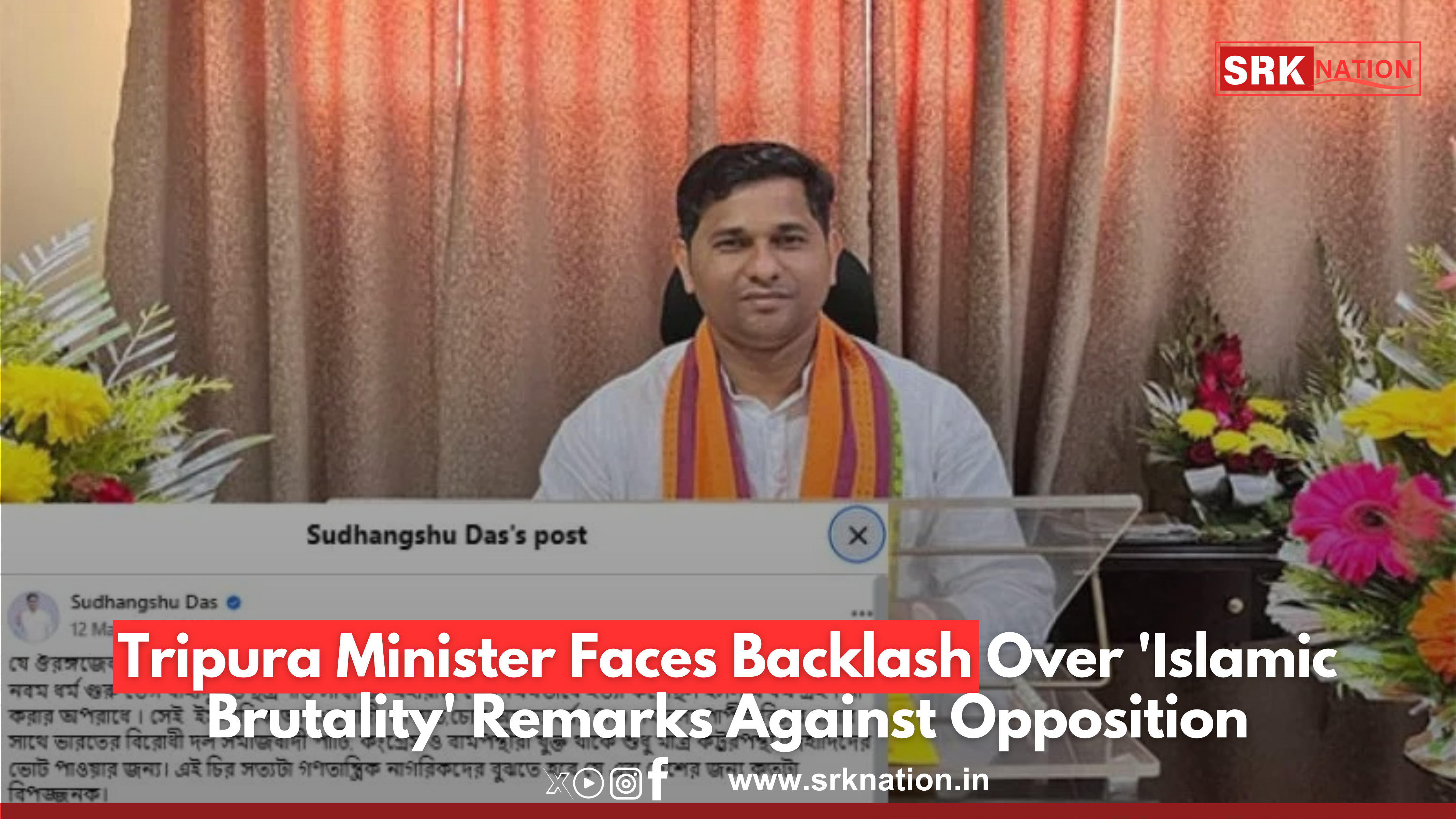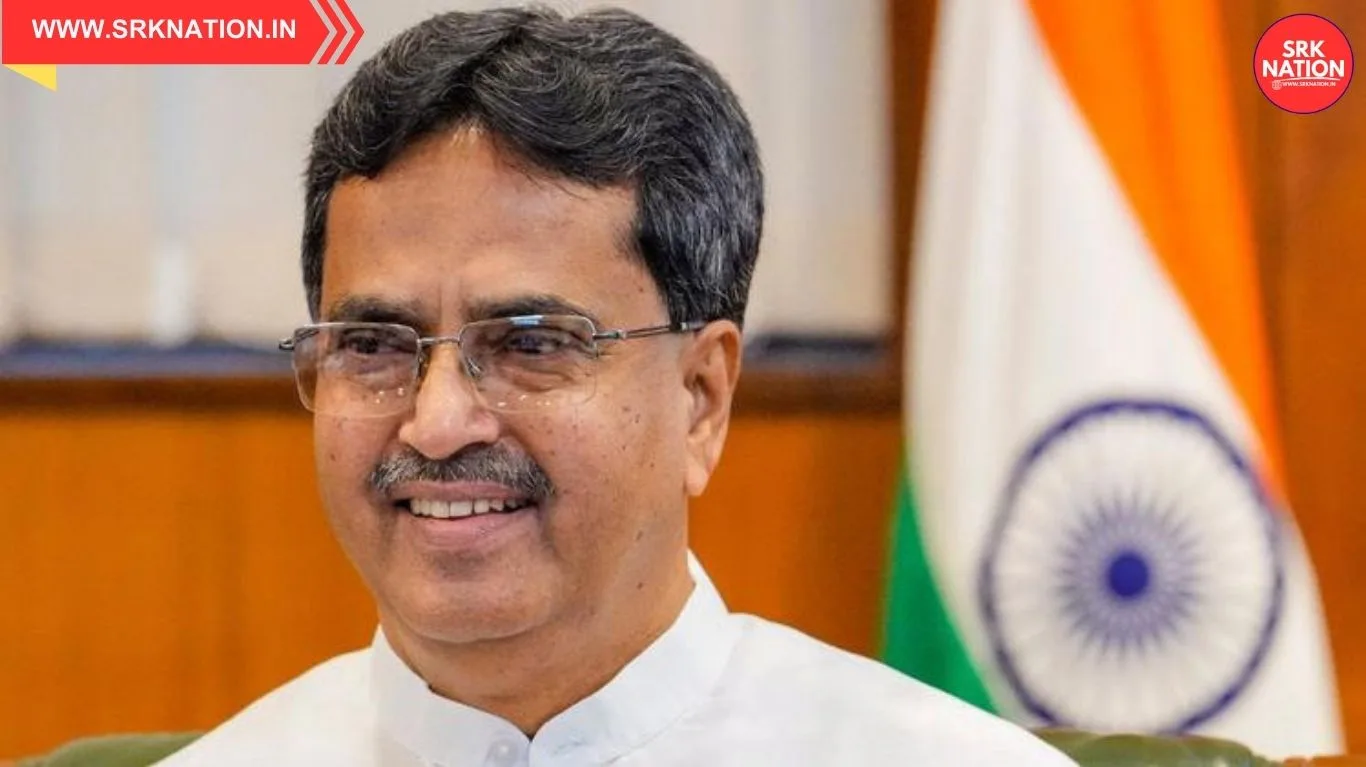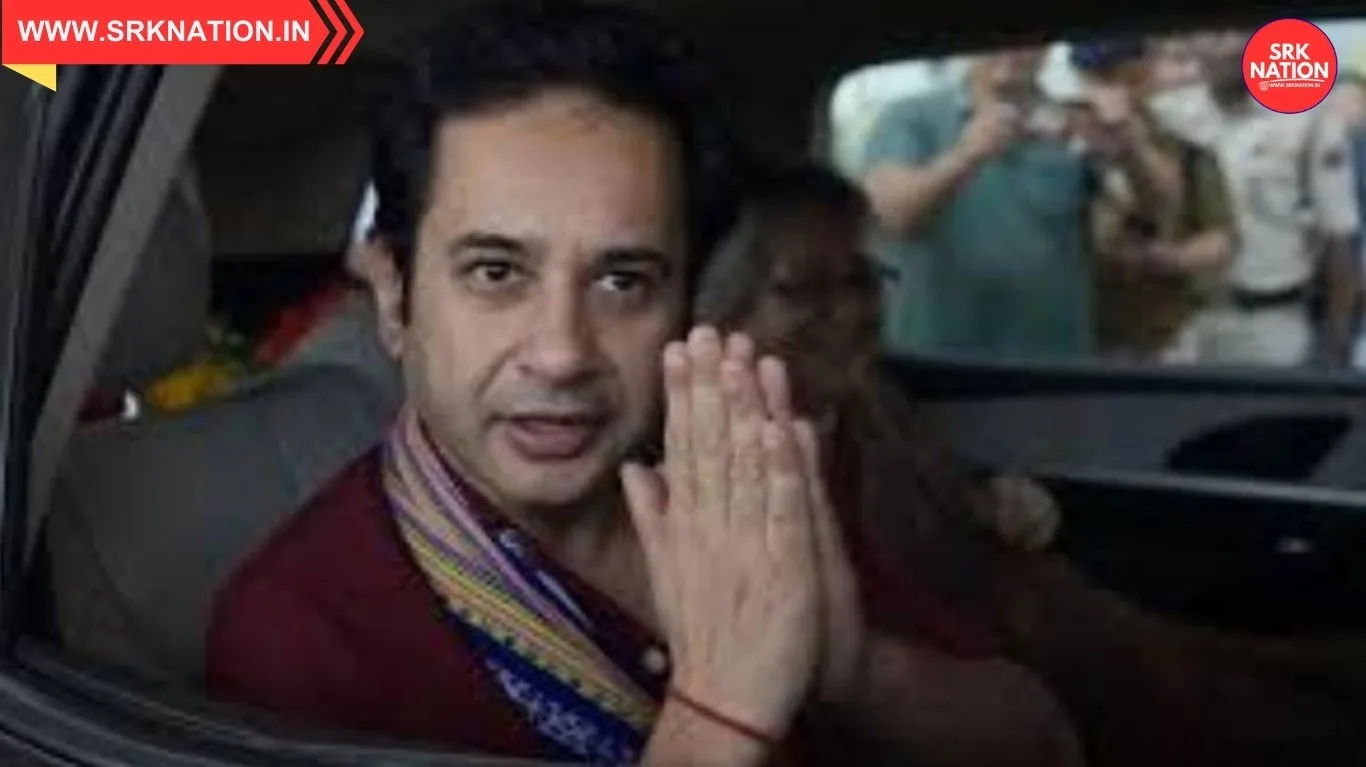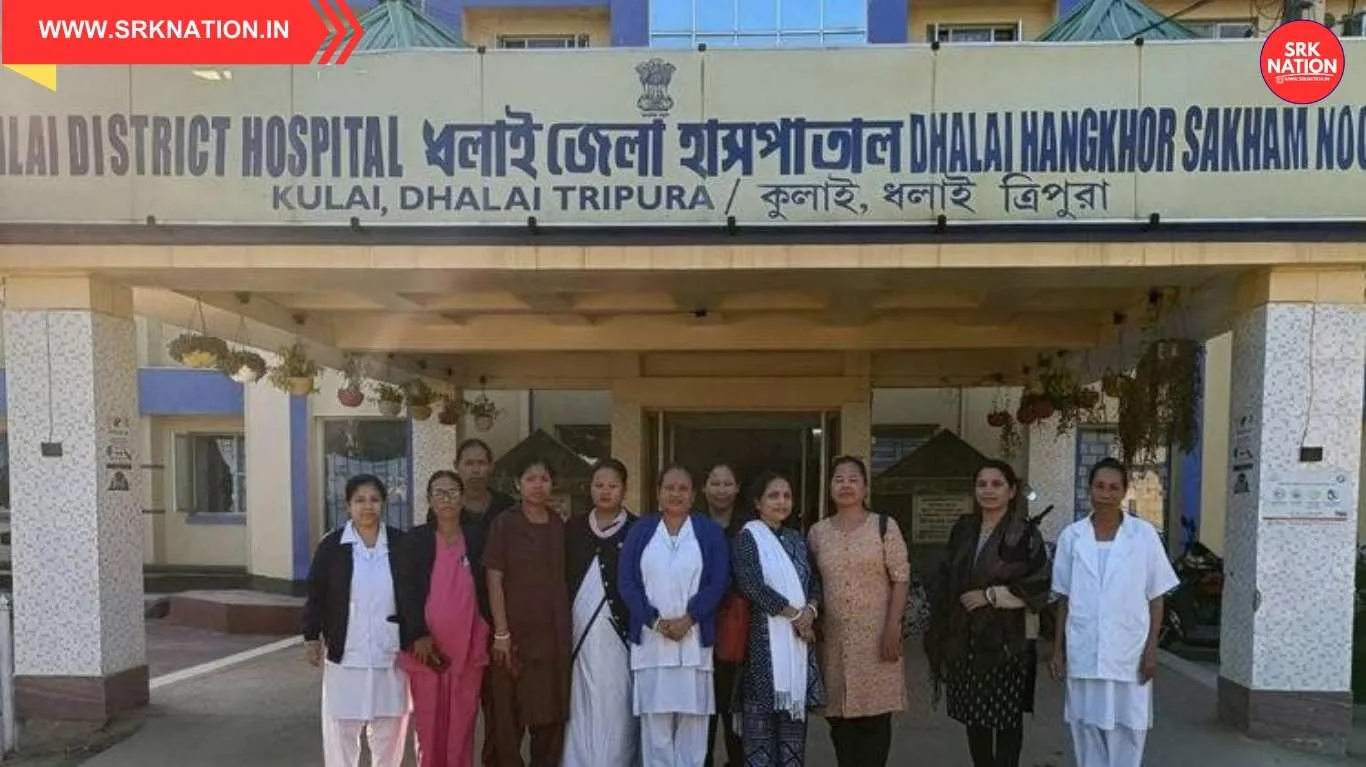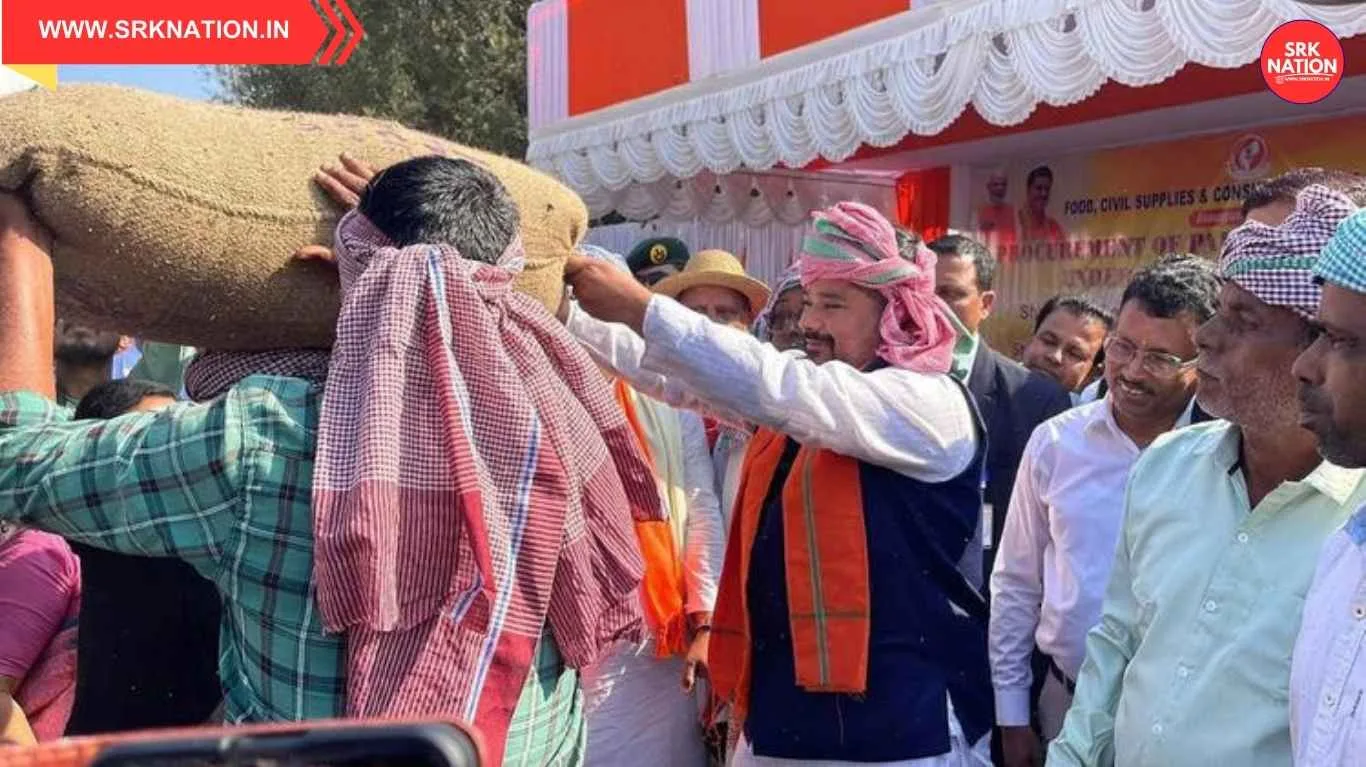Tripura’s Scheduled Castes Welfare Minister, Sudhangshu Das, has sparked a political storm with his controversial remarks accusing opposition parties of endorsing “Islamic brutality.” The comments, made in a recent social media post, have drawn sharp criticism from opposition leaders and civil society groups, who have called for his removal from the state cabinet.
The Controversial Remarks
In his post, Das likened opposition parties, including the Congress, Samajwadi Party, and Leftists, to Mughal Emperor Aurangzeb, accusing them of promoting “fanaticism, barbarism, and uncivilized violence.” He also referenced historical events, such as the execution of Guru Tegh Bahadur and Chhatrapati Sambhaji Maharaj, to support his claims. The minister urged citizens to be wary of the “danger” posed by these parties.
Opposition’s Response
The remarks have been condemned as “divisive” and “communal” by opposition leaders. CPI(M) leader and Tripura’s Leader of Opposition, Jitendra Chaudhury, described the comments as unconstitutional and unethical, urging Governor Indra Sena Reddy Nallu to take immediate action. “Such dangerously divisive remarks push society towards instability,” Chaudhury stated in a letter to the Governor.
The Congress and Tipra Motha Party (TMP) have also criticized Das, with TMP chief Pradyot Bikram Manikya Debbarma expressing shock over the language used by a minister. “Someone who has sworn to uphold the Constitution should refrain from making such statements,” Debbarma said.
Legal and Social Implications
The Tripura Insaf Parishad, a Muslim organization, has filed a legal complaint against Das, accusing him of fomenting communal hatred. Civil society groups have called for the removal of the post from social media platforms to prevent further unrest.
Government’s Stance
The ruling BJP has yet to issue an official statement on the controversy. However, the incident has reignited debates on the role of political rhetoric in maintaining communal harmony and the responsibilities of public officials in upholding constitutional values.
As the controversy unfolds, the focus remains on the potential impact of such remarks on Tripura’s social fabric and the broader implications for political discourse in India.

